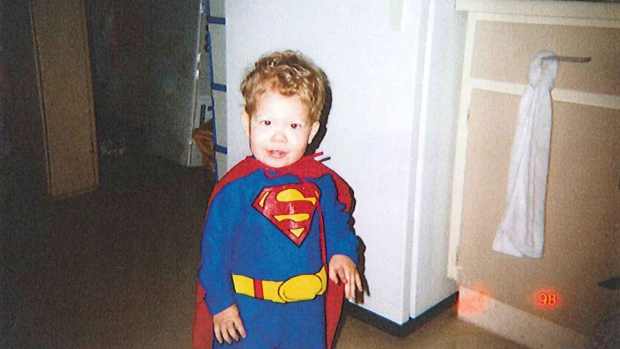
A few months ago, I conducted a survey of just under 50 lawyers who represent children in the child protection system. I was interested in the degree to which children have voice when their parents are being assessed. Child protection often contracts for parenting capacity assessments to determine what the strengths and deficits of a parent might be and what might be done to return children to parental care, or avoid taking children into care.
For the family, these assessments are a “big deal”. The outcome can impact case plans, interventions that are or are not offered and, most importantly, whether the child should be in the care of the parents. Courts take a lot of notice of these assessments.
Child protection should be a child-centered business. After all, it is really about the best interest of the child. You can imagine how taken aback I was when all but one lawyer said that the child’s voice is rarely or almost never evident in these assessments.
In a seminar I ran with lawyers, I was told that assessors in their jurisdiction rarely even saw the child with the parents. They went on to say that assessors typically did not interview children of an age when that would be appropriate.
The results of my research shocked me, quite frankly. What it does suggest is that, at least in this process, the focus on the child has been lost. The rights of the parents have garnered too much attention by comparison.
I thought about this as well when reading the latest report from the Child Advocate in the Canadian province of Saskatchewan. The advocate spoke of numerous times that child welfare was involved with a particular child but that child was not interviewed or seen – repeatedly. This is not the first time that I have read reports of children who have died while involved with child protection where the reports note that the child was almost invisible in the case plan. One of the more famous cases comes out of the United Kingdom, the case of Victoria Climbie.
Another notorious case was in Toronto where workers failed to see Jeffrey Baldwin through many visits missing that he was starving to death.
These should act as powerful reminders that the child is the core purpose of the child protection system. The child needs to be seen, the child needs to have a voice and that voice needs to be heard.
 Photo Credit: Courtesy of CBCNews
Photo Credit: Courtesy of CBCNews


